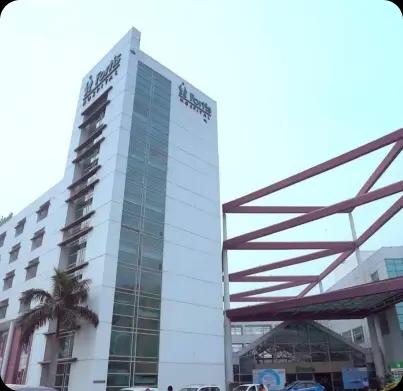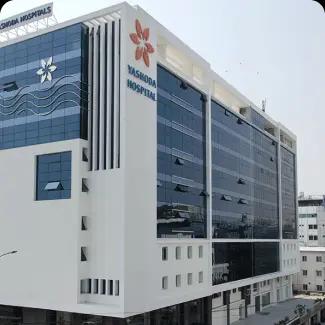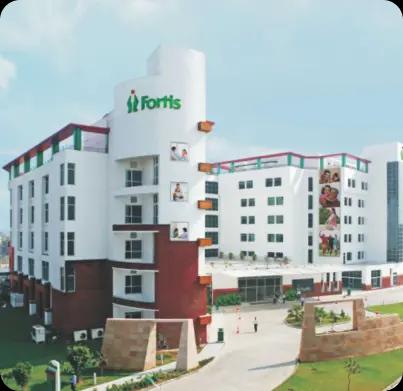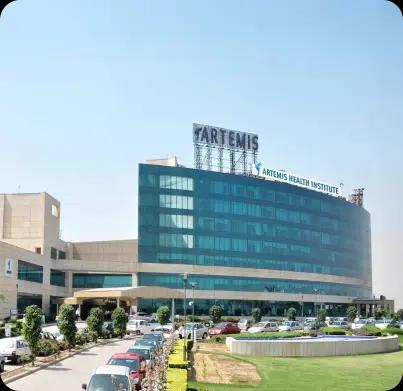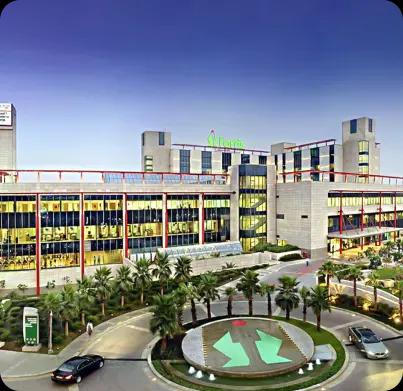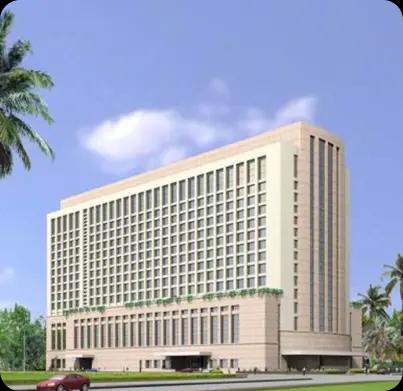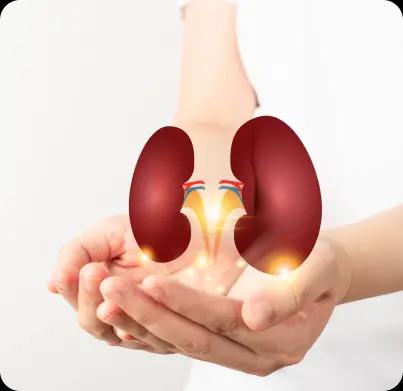
Kidney Transplant
A kidney transplant is a surgical procedure in which a healthy kidney from a donor, living or deceased, is transplanted into a person with kidney failure. Kidney failure, also known as end-stage renal disease (ESRD), occurs when the kidneys no longer function well enough to meet the needs of daily life. A kidney transplant is considered a treatment option when other treatments, such as dialysis, are no longer sufficient.
Easy Medical Visa Approvals
Comprehensive Treatment Plans
Travel Booking Assistance
Multi-Language Support
A kidney transplant is a surgical procedure in which a healthy kidney from a donor, living or deceased, is transplanted into a person with kidney failure. Kidney failure, also known as end-stage renal disease (ESRD), occurs when the kidneys no longer function well enough to meet the needs of daily life. A kidney transplant is considered a treatment option when other treatments, such as dialysis, are no longer sufficient.
Symptoms Of Kidney Transplant
Symptoms
Harmful waste builds up in the body, which leads to:
Types of conditions
There are two main types of Kidney Transplant
Living Donor Transplant
Deceased Donor Transplant
Living Donor Transplant
Your journey to good health begins here

Accredited Hospitals
Nationally accredited hospitals for high-quality care

Multi-language Support
Convey your needs in the language you're most comfortable in

Travel Booking Assistance
Seamless booking assistance for your healthcare journey

Plan your healthcare journey with Karetrip!
India’s Best Hospitals are Partnered With Karetrip
Access World-Class facilities from top Hospitals across India
Consult with India’s most experienced doctors
Experience premium care from India’s leading specialists
Cost Estimation
Learn about the expenses involved in the procedure and what factors affect them.

The average cost of the Kidney Transplant in India is around ₹ 4,75,000 to ₹ 7,30,000.

₹ 7,30,000
High Cost
₹ 5,40,000
Average Cost
₹ 4,75,000
Low Cost
The LIST of AVERAGE COST of the Kidney Transplant across TOP 6 cities in India in Indian Rupee (INR) is as follows :
City
Lowest Cost
Average Cost
Highest Cost
Delhi
₹ 4,75,000
₹ 5,00,000
₹ 7,30,000
Mumbai
₹ 5,00,000
₹ 10,00,000
₹ 15,00,000
Kerala
₹ 5,00,000
₹ 10,00,000
₹ 20,00,000
Chennai
₹ 4,27,500
₹ 5,00,000
₹ 5,22,500
Hyderabad
₹ 5,00,000
₹ 10,00,000
₹ 20,00,000
Kolkata
₹ 5,00,000
₹ 8,00,000
₹ 10,00,000
Commonly Asked Questions
How long is the waiting time for a kidney transplant?
What are the risks associated with kidney transplant surgery?
How long does it take to recover from a kidney transplant?
What medications will I need to take after a kidney transplant?
Can I live a normal life after a kidney transplant?


"I had a successful surgery at Fortis Escorts Hospital, and it was all thanks to Karetrip's help in finding the right hospital for me. The entire process was smooth and stress-free, with Karetrip handling all the arrangements and answering any questions I had. The medical team at the hospital was outstanding, and the facilities were top-notch. I highly recommend Karetrip to anyone looking for a tension-free healthcare experience."
Read MoreFatima
Chattogram


"Thanks to Karetrip, I got connected with MAX Hospital in New Delhi. The team guided me through every step – from finding the right doctor to handling travel and visas. They made a daunting process feel like a breeze. The care I received at MAX Hospital was outstanding, and I can't thank Karetrip enough for making it possible. They truly put patients first and go the extra mile to ensure a smooth healthcare journey. I'm grateful beyond words!"
Read MoreHasan
Dhaka


"At first, I was unsure about having a medical procedure done in a foreign country. However, Karetrip's team at Indraprastha Apollo Hospital made me feel much better. The hospital was very clean, modern, and had everything they needed to help me. The staff were very kind and did everything they could to make me feel comfortable. I'm really happy with how my treatment turned out, and I appreciate Karetrip for making it easy and stress-free."
Read MoreImran
Sylhet
 Google Reviews4.9/5
Google Reviews4.9/5




I had a successful surgery at Fortis Escorts Hospital, and it was all thanks to Karetrip's help in finding the right hospital for me. The entire process was smooth and stress-free, with Karetrip handling all the arrangements and answering any questions I had. The medical team at the hospital was outstanding, and the facilities were top-notch. I highly recommend Karetrip to anyone looking for a tension-free healthcare experience.
Fatima
Chattogram
 Google Reviews4.9/5
Google Reviews4.9/5





